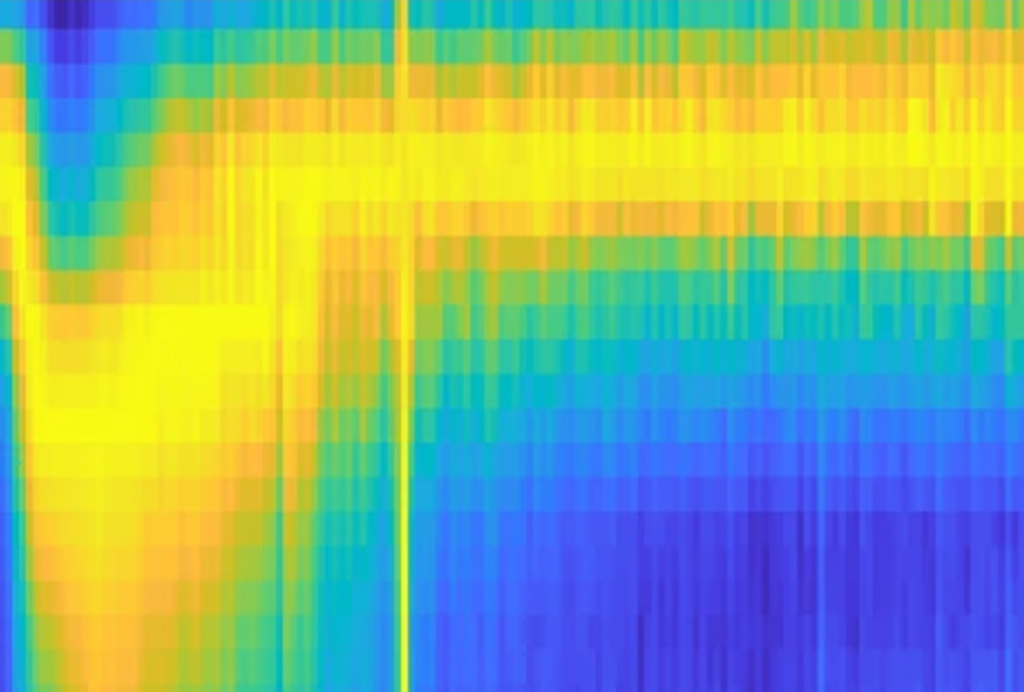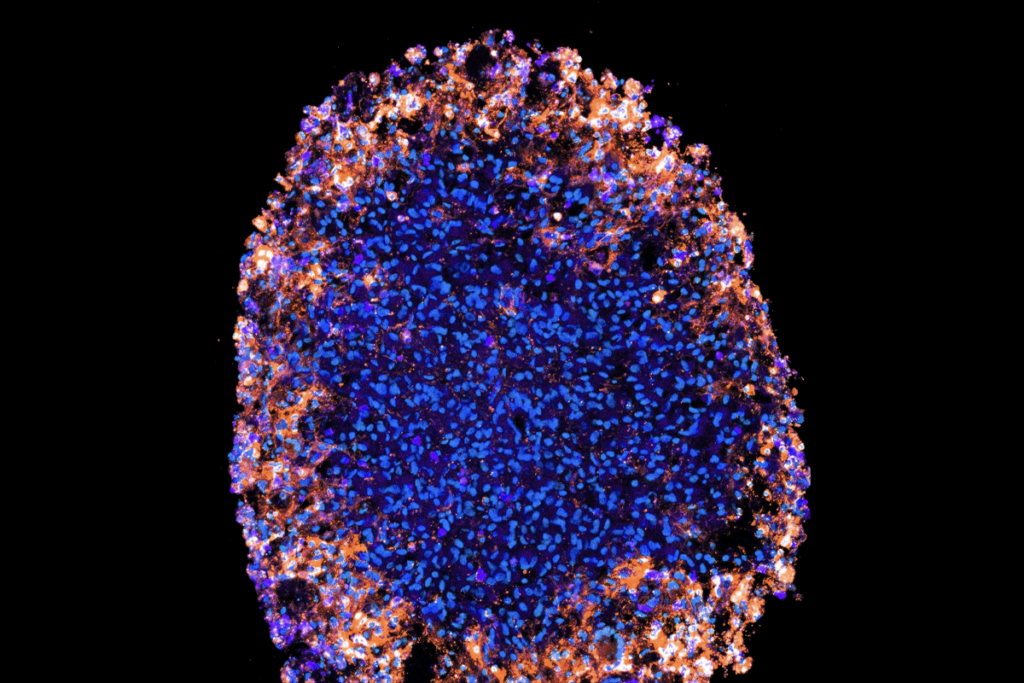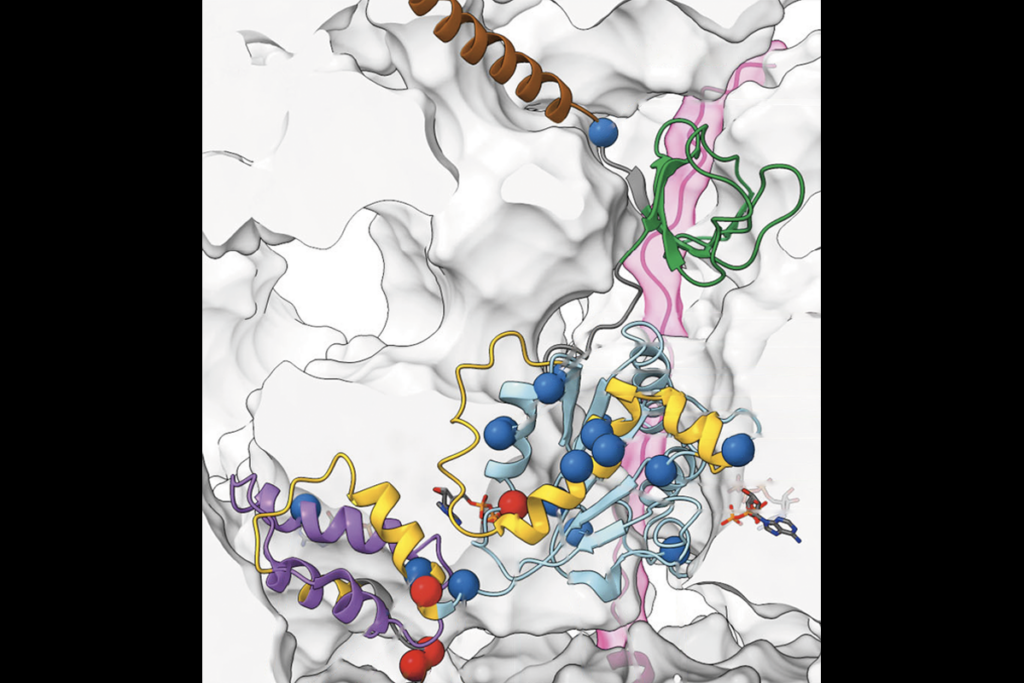- A population-based assessment of conditions linked to recurrent copy number variants shows a lower likelihood of having autism, attention-deficit/hyperactivity disorder or schizophrenia than do previous estimates based on case-control studies. JAMA Psychiatry
- Sex-biased gene expression in several regions of the rhesus monkey brain is regulated by sex hormones. Expression patterns are similar to those of humans. Cell Genomics
- Parent-infant interactions—particularly the baby’s attentiveness to their parent—at ages 8 and 14 months appear to be predictive of autism diagnosis at 3 years. Autism Research
- Bumetanide, a diuretic drug that blocks NKCC1 chloride transport proteins, mitigates the altered neuronal activity and sensory hypersensitivity that occurs in a mouse model of fragile X syndrome. Biological Psychiatry
- Researchers returned results on a genetic analysis of autism-linked genes in a cohort of 21,532 autistic people. Genetic in Medicine
- Autistic children are more likely than their non-autistic peers to have physical and mental health problems; those from minoritized racial and ethnic groups tend to have even poorer outcomes. Journal of Child and Adolescent Psychopharmacology
Bumetanide; sex-biased gene expression; racial and ethnic disparities
Here is a roundup of autism-related news and research spotted around the web for the week of 15 July.
By
Jill Adams
16 July 2024 | 1 min read
tags:
Recommended reading

Among brain changes studied in autism, spotlight shifts to subcortex
By
Holly Barker
11 December 2025 | 5 min read
Home makeover helps rats better express themselves: Q&A with Raven Hickson and Peter Kind
By
Holly Barker
4 December 2025 | 0 min watch
Explore more from The Transmitter

Dispute erupts over universal cortical brain-wave claim
By
Claudia López Lloreda
12 December 2025 | 5 min read
Waves of calcium activity dictate eye structure in flies
By
Lauren Schneider
12 December 2025 | 0 min watch

What is the future of organoid and assembloid regulation?
By
Claudia López Lloreda
10 December 2025 | 7 min read
Cite this article:
